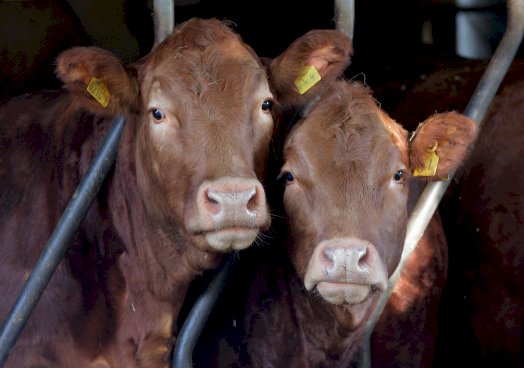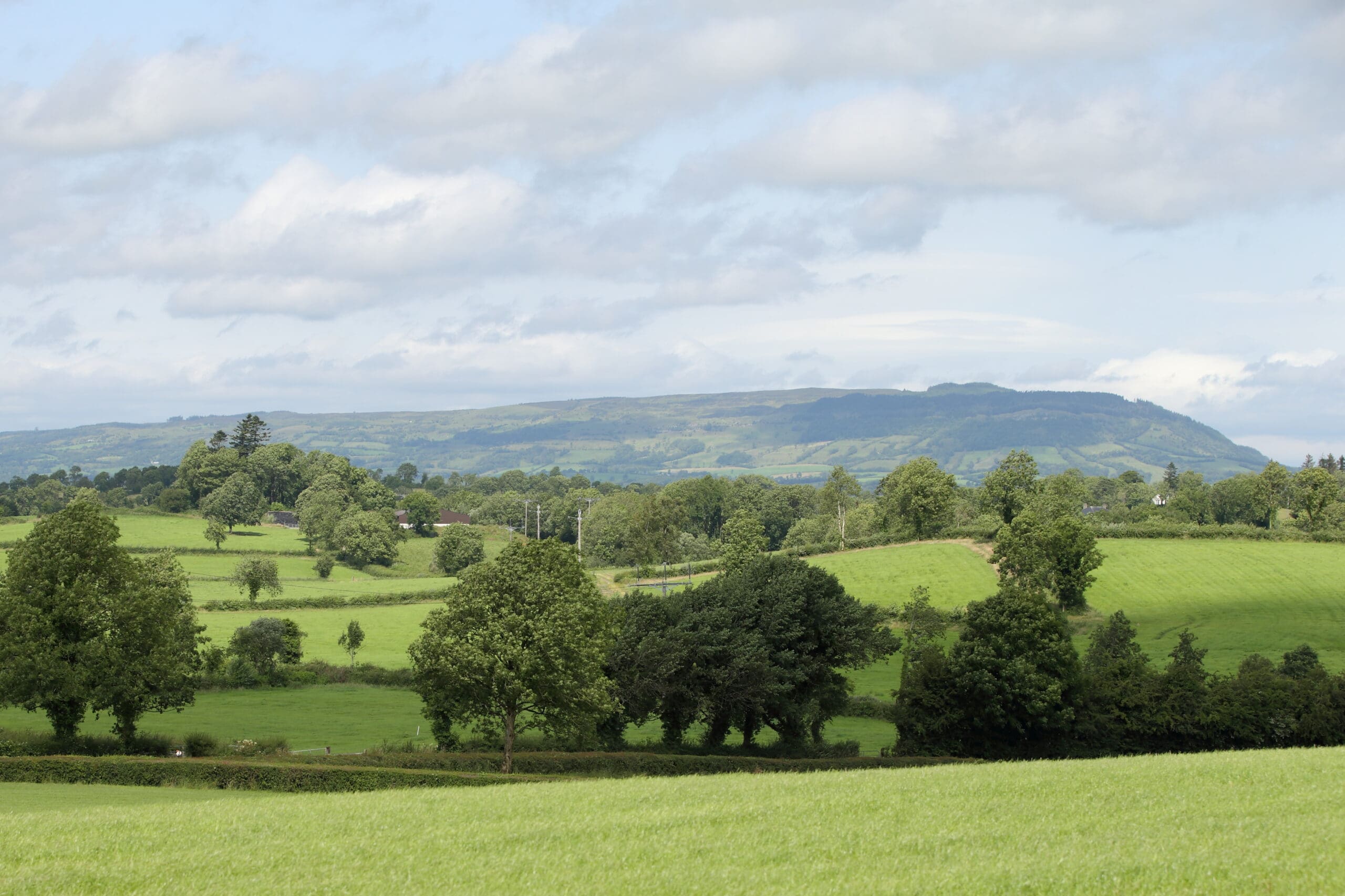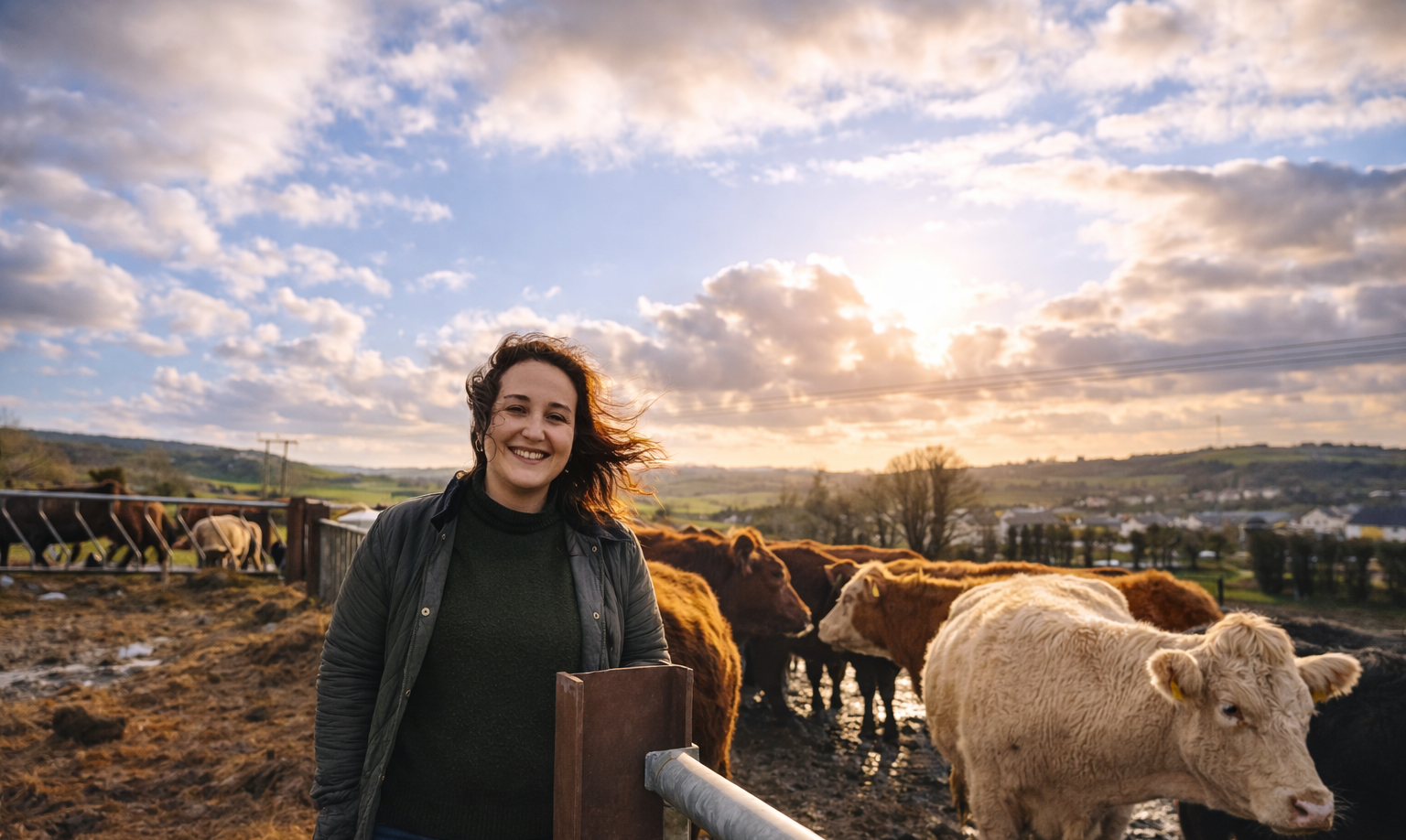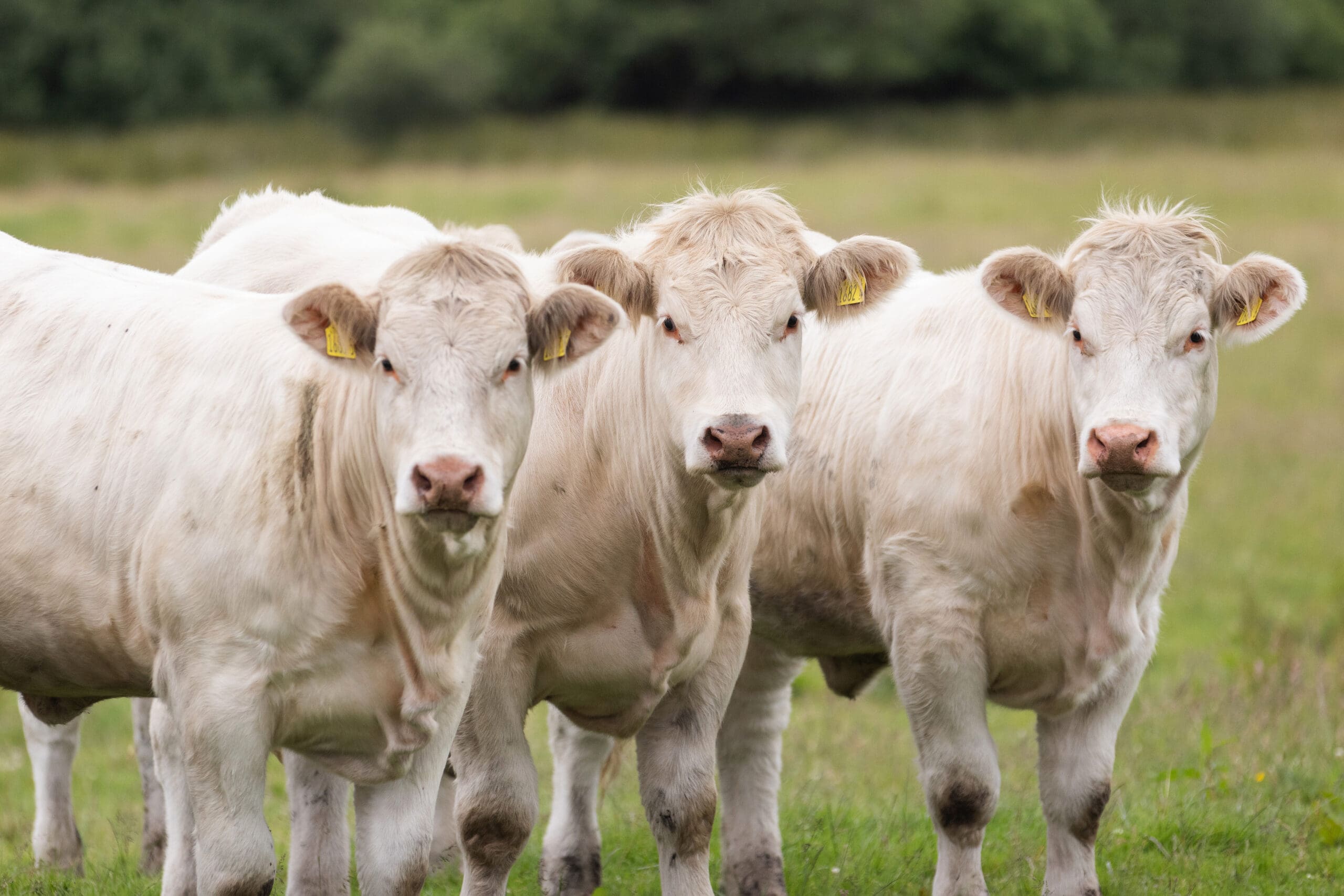
Commodity watch by policy officer, Daryl McLaughlin
Livestock farmers are facing 2023 with uncertainty and little confidence and the lack of a functioning Northern Ireland (NI) Executive is on the minds of cattle and sheep producers. Rising input costs (feed, fertiliser and fuel) has been one of the biggest challenges for livestock farmers in the past year and will again this year. While there has been a recent fall in some of these inputs, they still remain extremely high.
Beef prices remained steady through most of 2022 and in the last few weeks has seen a rise however the opposite has happened for lamb finishers with the price falling over £15/head in the last three weeks and to place where lamb price was stronger this time last year with much lower input costs.
Most cattle and sheep farms are in less favoured areas in NI and the most recent spell of poor weather has forced primary producers so purchase more inputs like concentrated feed. Cattle and sheep farms therefore need to be resilient to persist over the long-term in the face of unpredictability and change.
Both the beef and sheep sectors in NI make a major contribution to the NI economy, particularly in rural areas and producers provide a range of public goods to the environment, biodiversity, prevention of fires, landscape preservation and employment. Without direct payments, beef and sheep farming would be unprofitable and this extends over a long period time. Whilst other sectors have experienced cyclical challenges, most notably dairying, the overall recent performance has been much more positive.
In general, farms in NI obtain a large proportion of their net income from direct payments. This can exceed 100 percent, particularly in years of low market prices. Primary breeding cattle and sheep farms are very dependent on direct payments and, on average, do not generate a positive farm business income. Small farms are more dependent on direct payments than larger farms on average.
The Ulster Farmers’ Union has been working with industry to highlight particularly the sheep sectors concerns and if we go forward without targeted sheep support, it will leave primary sheep producers at a further disadvantage compared to their counter parts in the Republic of Ireland where they have a range of additional schemes. This includes the sheep welfare scheme and a disadvantage area scheme which is basically Ireland’s ANC scheme.
Cattle and sheep farmers need to see a restoration of the NI Executive so that an Agriculture Minister can be put in place to help the sector move forward and get some additional support. At a recent meeting in Athlone, the Irish Agriculture Minister Charlie McConalogue stated that he was open to engaging and discussion options for sheep producers for use of funding from the Brexit adjustment reserve.
Most recently there has been an influx of New Zealand lamb into the European Union and the United Kingdom and this has impacted the market most recently. Cattle farmers also want to see the Department of Agriculture, Environment and Rural Affairs act upon the science and to fully implement its bTB strategy urgently and ensure that there is some intervention this year as farmers are just at the end of their tether waiting.




